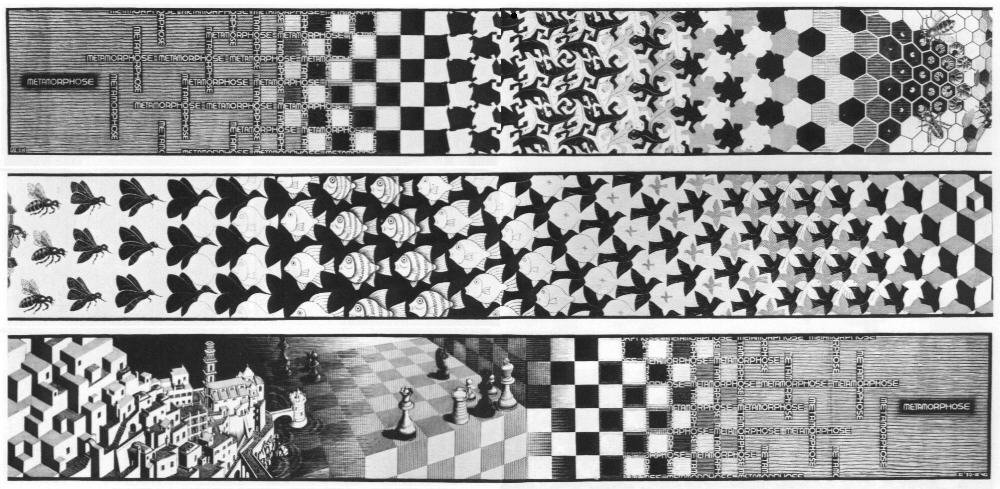I was introduced to rationality by Eliezer Yudkowsky's Harry Potter spinoff known as Harry Potter and the Methods of Rationality. The work functions partially as an extended advertisement for the science/art known as applied rationality. Applied rationality is the effort to evaluate one's methods of decision-making, removing all irrational methods, and replacing them with rational methods based on cognitive science, decision theory, probability, studies on human nature, and various other categories of knowledge. In short, you're trying to take the stupid out of your decision-making.
Rationality appeals to people who 1) are intelligent, 2) have realized they are intelligent, 3) have decided that they want to make their intelligence one of their defining factors, and so 4) the obvious next step is to use your intelligence to learn how to make yourself smarter. It's more than just deliberately exposing yourself to mental challenges to prove yourself, just like weightlifting is more than just heading to the gym and spending inordinate amounts of time pumping iron. For almost every skill, there's a certain technique to it that has been learned and refined by those who have excelled in the past. In almost every case, knowing the technique is necessary to get ahead.
The surface value of rationality, from my perspective, seems to be that it helps rid people of cognitive biases that cause them to make improper judgments some of the time. This is done by identifying the presence of a certain cognitive bias and knowing how to bypass it. I don't want to describe any of the cognitive biases we've already found, but reducing or eliminating these seems to be the mental equivalent of replacing a faulty part of a decently-working machine, causing it to perform better. Rationality also consists of evaluating the beliefs and opinions we have about the world, and using a fact- and evidence-based approach to determine how rational our beliefs really are.
lesswrong.com is the main resource for those who want to learn more about rationality. I found much more on here about removing deleterious mental processes than culturing new beneficial ones, but I'm sure more reading will uncover more fruit. There's a LOT written on here, and I could spend a huge amount of time reading all of this. I'm not as excited about this as I was a month or two ago, but I'm always interested in sharpening the way I think. Posts like The Twelve Virtues of Rationality sometimes makes it seem like commitment to rationality can border on the religious; and while I don't intend to make this pursuit my main goal in life, I could easily spend more time on it than I should, to the detriment of other more important things.

No comments:
Post a Comment